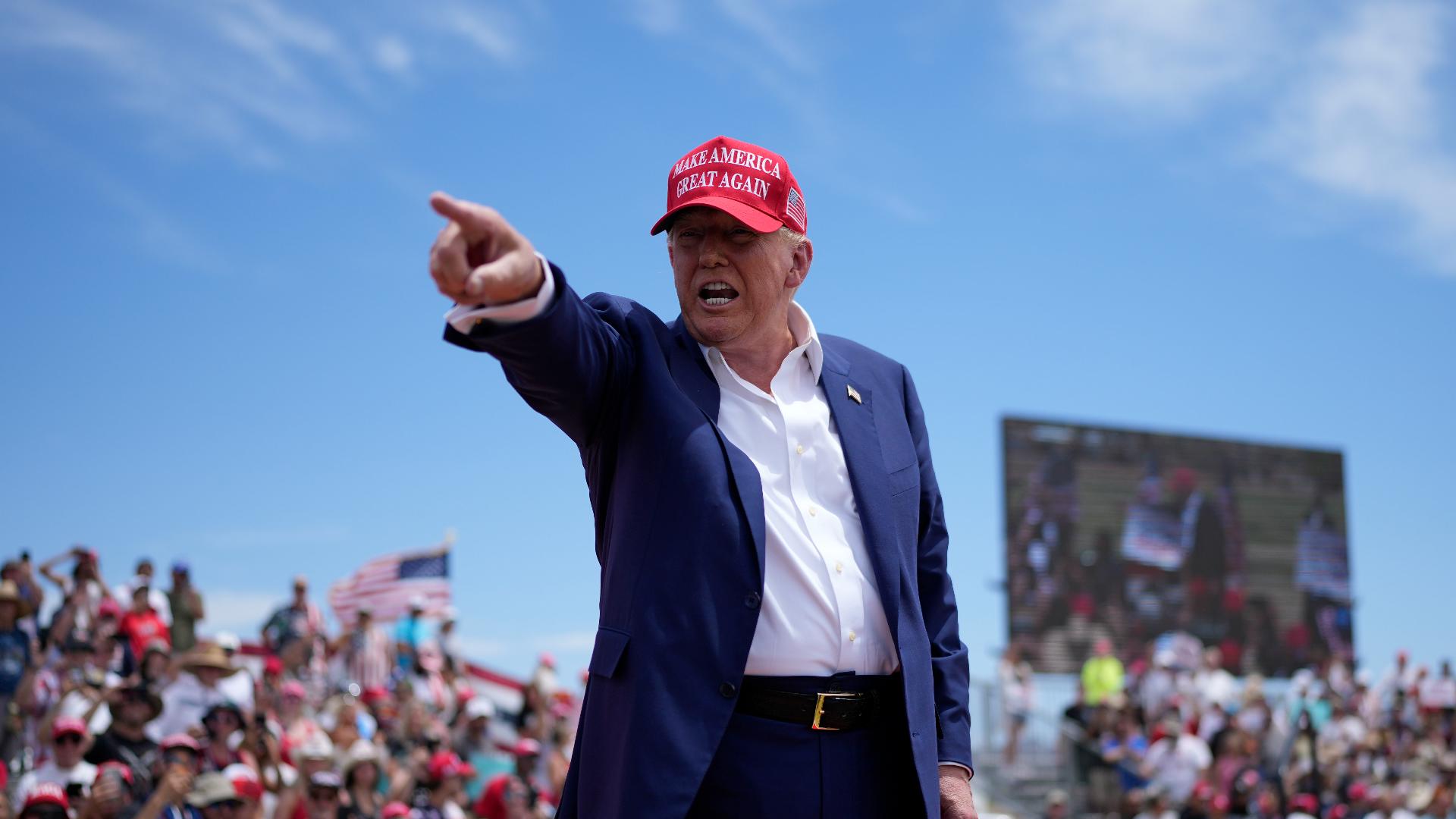PENNSYLVANIA, USA — In a 6-3 judgment, the Supreme Court ruled that presidents of the United States have full immunity from prosecution while conducting "official acts."
In Trump v. United States, Chief Justice John Roberts wrote in his majority opinion that a president "must be immune from prosecution for an official act unless the Government can show that applying a criminal prohibition to that act would pose no 'dangers of intrusion on the authority and functions of the Executive Branch.'"
Widener University Commonwealth Law professor Michael Dimino says the Court's interpretation of what an official act aligns with the president's roles as defined by the Constitution.
"The basic point is, is this action taken as part of being president, as part of the presidential job?" Dimino said. "If the action is taken by the president because the person is president, as a way, directly or indirectly, of carrying out presidential responsibilities, then it will be considered an official act."
The majority opinion says that unofficial acts outside of the job of president come with no immunity.
The Court was vague when it came to what the official acts are, along with what the president's "discretionary responsibilities" are outside of his powers given by the Constitution.
Dimino says the Court is attempting to create a standard of immunity that doesn't undermine the functions of the executive branch.
"The court, in trying to come up with an immunity standard, says, 'All right, the president's discretion can be limited somewhat,'" Dimino said. "But if a prosecution would be such as to undermine the functioning of the executive branch, then immunity would have to apply."
Justice Sonia Sotomayor dissented in the case, saying that the decision would effectively make the president a "king above law."
“This majority’s project will have disastrous consequences for the Presidency and for our democracy,” Sotomayor wrote. "It makes a mockery of the principle, foundational to our Constitution and system of Government, that no man is above the law."
Sotomayor wrote that the decision could pave the way for a president to abuse power by declaring illegal actions to be an official act.
"When he uses his official powers in any way, under the majority’s reasoning, he now will be insulated from criminal prosecution," Sotomayor wrote. "Orders the Navy’s Seal Team 6 to assassinate a political rival? Immune. Organizes a military coup to hold onto power? Immune. Takes a bribe in exchange for a pardon? Immune"
Dimino pushed back on the notion that the decision gives a president free rein to commit crimes.
"The dissent's rhetoric, I believe, is overblown," Dimino said. "I don't think that there is any kind of significant risk that the scenarios that the dissent suggests would ever result in total immunity. Some of the passages in the majority's opinion would make it more difficult to prosecute certain criminal offenses, to be sure, but the President would not be immune from prosecutions for those kinds of offenses."

